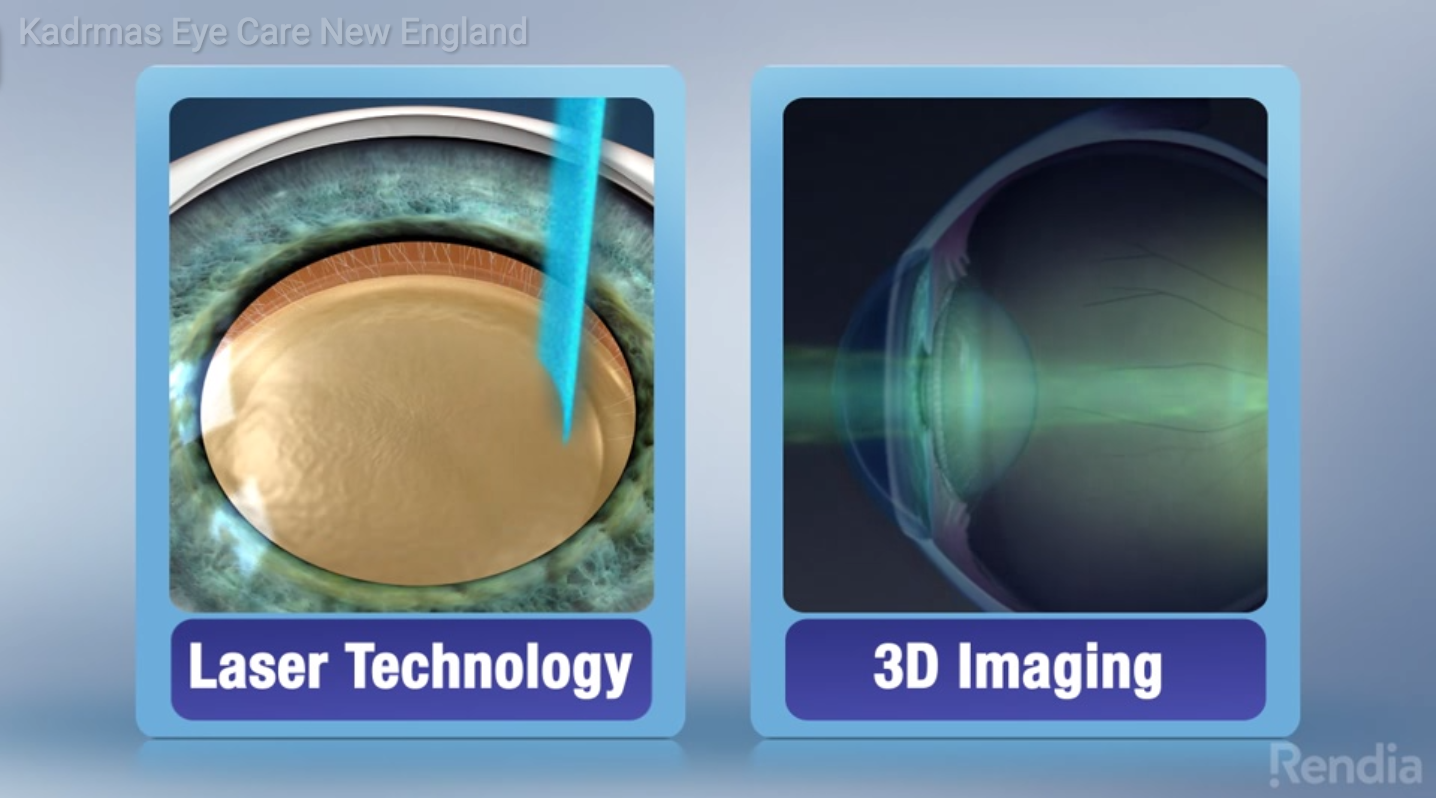The latest advancement in cataract surgery, however, may be a game changer for people with cataracts. All-laser cataract surgery, also called custom cataract surgery, is giving cataract patients the opportunity to have a truly customized surgical procedure.
All-Laser Cataract Surgery
All-laser technology allows a cataract surgeon to capture precise, high-resolution images of the eye, as well as highly accurate measurements and data about the eye. This information is then used to plan a completely customized surgery, designed specifically for the individual eye.
Why is this important? All of our eyes are different. The size, depth, and curvature of our corneas, the transparent layer forming the front of our eyes, vary significantly from person-to-person and can even vary from eye-to-eye in the same person. The LenSx® laser used in all-laser cataract surgery, is used for three or four (depending upon the eye), critical steps in the surgical procedure.
Is All-Laser Cataract Surgery Right for You?
Only a cataract surgeon can help you determine if all-laser cataract surgery or custom cataract surgery is right for you. Traditional cataract surgery is still safe, effective and performed around the world with great results tens of thousands of times every day. Your experience on the day of surgery and your recovery after surgery will be largely the same with either surgical approach.
So what are the reasons you may consider and choose all-laser cataract surgery? Here are three:
Cataract Surgery Consultation
Kadrmas Eye Care New England is the first ophthalmology practice on the South Shore, South Coast, and Cape Cod to offer all-laser cataract surgery. We have two highly skilled and experienced cataract surgeons who would be happy to speak with you about your eyes and condition, your need for treatment, and your surgical and lens implant options:
In our following posts in this series, we will be comparing traditional cataract surgery and all-laser cataract surgery further, exploring vision after cataract surgery, and IOL options. To learn more about cataracts and cataract surgery, please visit our Cataract webpage, as well as our Cataract blog posts. Comments are closed.
|
EYE HEALTH BLOGCategories
All
Archives
July 2024
|
|
Kadrmas Eye Care New England
55 Commerce Way, Plymouth, MA 02360
14 Tobey Road, Wareham, MA 02571 133 Falmouth Road (Rt 28), Mashpee, MA 02649 |
Phone Number:
1-508-746-8600 Hours: Monday through Friday — 8 AM – 4:30 PM |


 RSS Feed
RSS Feed
